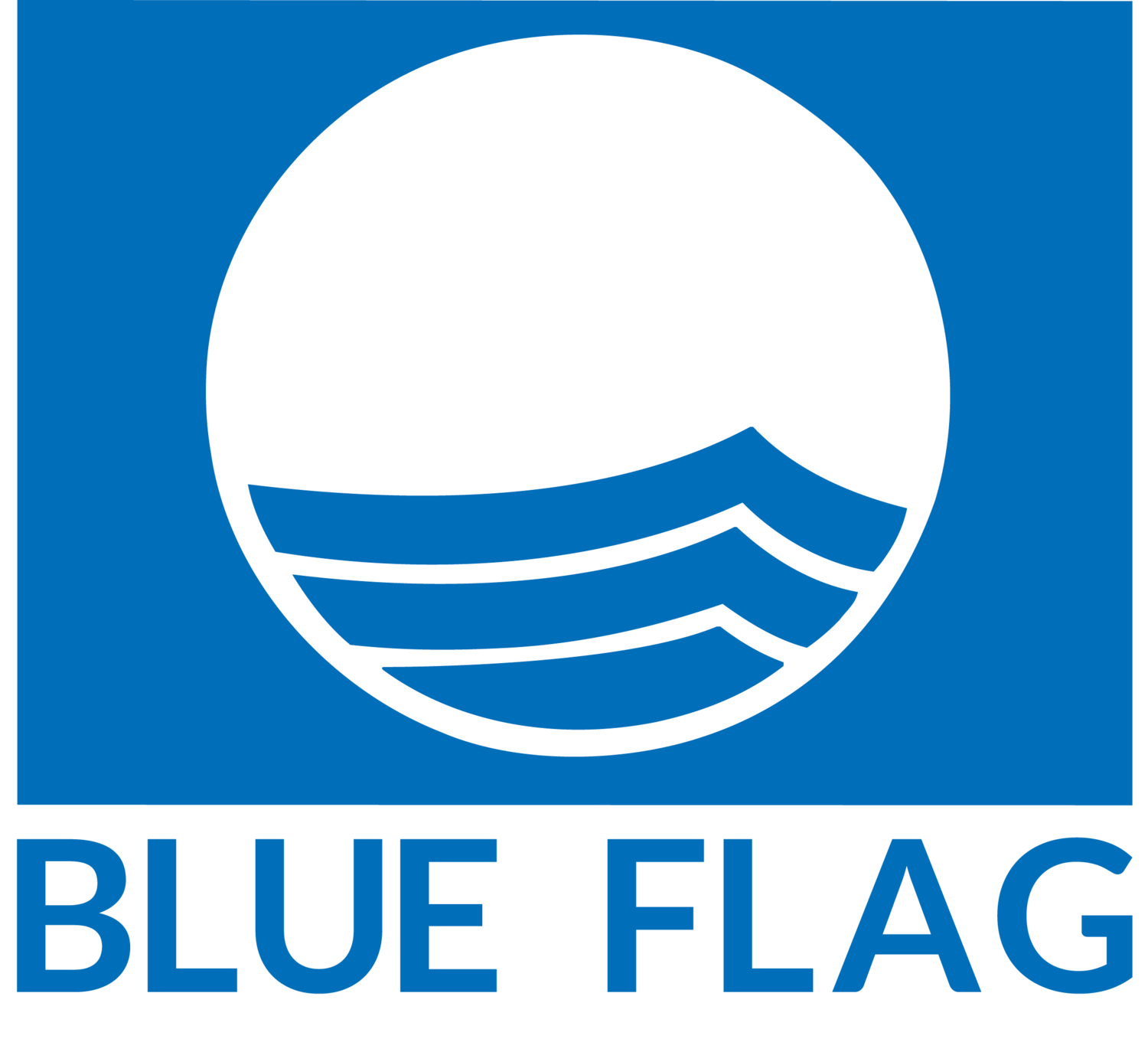Most of us have heard this sentence at some point in our lives: change starts from within. Travel, just like anything else now, is mostly local, and maybe, instead of being a restriction, it is actually a sign for the right opportunity for a conscious and positive change.
Diving in Puerto Rico; Photocredit: OPAS-BFPR
It has been a year already since Greta Thunberg, a teenager from Sweden, has sailed across the Atlantic with her protest act to call for a fast reaction for climate change. Back then, we had no clue that a world-wide pandemic is approaching us to the point of strict regulations on our freedom to travel, whether it is flying, sailing or just going out to the city centre.
The urgency of the situation forced us to shift our perspectives from a world-wide global mindset to a local mindset. In other words, we found ourselves constantly thinking about what we can do right here, right now, that would create the most positive impact and the least negative effects, on ourselves and those around us.
Most of us have heard this sentence at some point in our lives: change starts from within. Travel, just like anything else now, is mostly local, and maybe, instead of being a restriction, it is actually a sign for the right opportunity for a conscious and positive change. We are given the perfect moment, as people, but also as marinas, businesses and sailors alike, to adopt sustainable practices and reduce the environmental impact of sailing. It is heartening to see the steps already taken and planned, as outlined in World Sailing's Sustainability Agenda 2030.
We need to promote a culture of sustainability, where every one of us does our part to combat climate change, contribute to the health of the ecosystem and to preserve clean waters and biodiversity for future generations. Boatbuilding has taken on the challenge to reduce the environmental impact of materials and products, reducing the carbon footprint of production and making products largely recyclable. Sailors are committing to using cleaning products that don't negatively impact the environment, to proper waste disposal and thoughtful fishing and anchorage.
Marinas and marina support services also need to play a part. Berth shortages have been felt in several countries for years. As boat size grows and new boats enter the market, pressure will grow to boost the availability of berths. We need to find solutions that will curtail the demand for construction to meet this need. Aside from the substantial financial costs, constructing new berths poses risks to coastal ecosystems and increases emissions. The sharing economy offers an opportunity to maximise the potential of each berth by making sure that tourist traffic is directed towards already vacant berths and by incentivising the sharing of information that will enable optimisation of resources.
Thunberg's decision to sail from Europe to New York in order to attend the Climate Convention has also highlighted the opportunity that this movement offers. Sailing is a sustainable tourism industry, reducing or even eliminating travel's carbon footprint. Sailing promotes sustainability by encouraging tourism dispersal, moving away from overcrowded city centres to a wealth of locations along coastlines and rivers that are otherwise overlooked by many tourists.
Aging of marina's clientele has been a hot topic over the past decade. A sustainable tourism agenda offers an opportunity to target a younger generation of travellers, looking for new and sustainable experiences, who have yet to commit to sailing in the same way as their parents. In order to attract these customers, it is not enough to offer a great travel experience, we also have to meet service expectations, including the expectation of online bookings and member discounts.
As sailors, we understand the need to control the rise in extreme weather and the importance of clean waters more than most. Let us join together to ensure that our children and grandchildren and great-grandchildren are also able to enjoy all that this great planet offers.
Idan Cohen
The author is the Chairman of the Marine Innovation Association and a full member at ICOMIA, as well as the CEO of Pick a Pier, an innovative technology company that is creating the global standard for service-oriented and sustainable recreational maritime travel. Pick a Pier’s advanced technological solutions are designed to standardise, automate, and optimise maritime travel, in line with international travel tech standards. Pick a Pier facilitates marinas' digital transformation by optimising supply management and enabling boaters to extend their horizons and get anywhere-easier.

